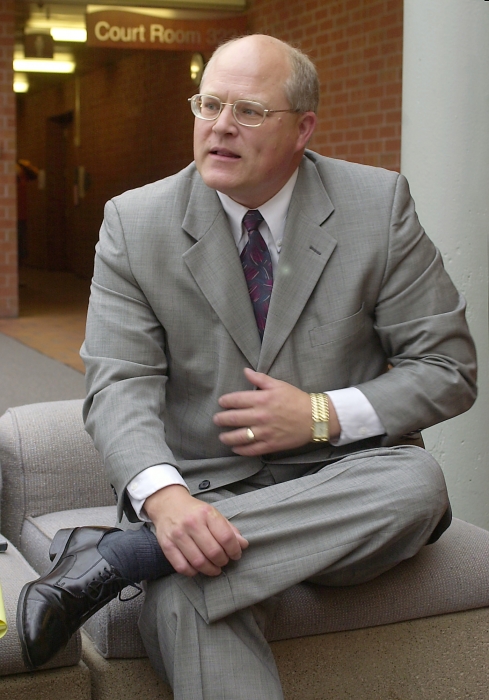In Republican Party of Minnesota v. White, 536 U.S. 765 (2002), the Supreme Court held that rules of judicial conduct limiting what judicial candidates could say during electoral campaigns violated the First Amendment. Thus, judicial candidates are now able to discuss more widely the controversial issues on which they might rule.
Judicial campaign speech has been traditionally regulated to promote impartiality
Traditionally, campaign speeches or statements made by judges running for office have been subject to significant regulation in order to promote judicial impartiality.
Minnesota judicial candidates could not announce views on controversial issues, seek party endorsements
In Minnesota, the state board that regulated judicial conduct had issued a rule — Canon 5 — that prevented candidates running for a judicial office from announcing their views on controversial issues that might come before their court. Canon 5 also prevented judicial candidates from seeking political party endorsements or affiliations, and from personally soliciting political contributions.
In 1998, Gregory Wersal, a candidate for the Minnesota Supreme Court, challenged the Canon 5 rules, contending that the announce, affiliation, and solicitation clauses violated his First Amendment free speech rights. In Republican Party of Minnesota v. White, the Court struck down the announce restriction — a provision that nine states had on their books.
Supreme Court said Minnesota rule violated the First Amendment
Writing for the Court, Justice Antonin Scalia declared that the announce clause imposed a content-based restriction on the First Amendment that must survive strict scrutiny review. He rejected promoting impartiality as a constitutionally compelling justification for the announce clause.
He also maintained that trying to hold elections while limiting what can be discussed prevents candidates from discussing what elections are about — issues and policy. Thus, the announce clause violated the First Amendment, and the Court remanded the case to the lower courts for further deliberations.
A few years later, the Eighth Circuit Court of Appeals used similar reasoning in Republican Party of Minnesota v. White (2005), and held that the affiliation and solicitation rules also violated the First Amendment. Faced with the courts’ decisions in these cases, several lower courts struck down similar state restrictions.
American Bar Association updated Code of Judicial Conduct to address judicial campaign speech
The announce clause was based on the 1972 Code of Judicial Conduct of the American Bar Association (ABA). In 1990 the ABA issued its Model Code of Judicial Conduct and replaced the announce clause with the “commitments” clause, which generally prohibits judicial candidates from committing themselves on legal positions likely to come before their court. But some lower courts have determined that the Court’s reasoning in White also invalidates the commitments clause.
Others question whether the Court’s reasoning dooms another provision common to state judicial codes — the pledges and promises clause, which prohibits judicial candidates from pledging to act in certain ways in cases.
Although some observers laud the White decisions as providing more debate in judicial elections that will help voters make decisions, others see the potential for these type of elections to become more partisan and political.
This article was originally published in 2009. David Schultz is a professor in the Hamline University Departments of Political Science and Legal Studies, and a visiting professor of law at the University of Minnesota. He is a three-time Fulbright scholar and author/editor of more than 35 books and 200 articles, including several encyclopedias on the U.S. Constitution, the Supreme Court, and money, politics, and the First Amendment.

